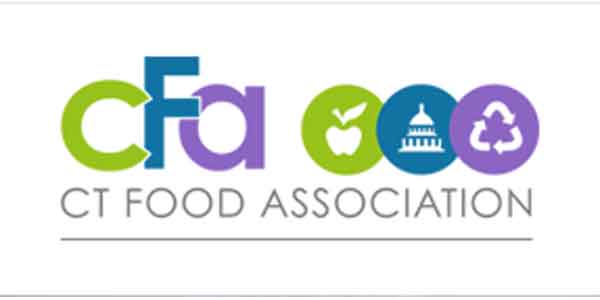Connecticut lawmakers and environmentalists want to fix Connecticut’s bottle deposit bill, not replace it. However, the beverage industry and grocers want to see it replaced with a mandate on curbside recycling.
The following article can be found at CT News Junkie:
Two bills have advanced through the Environment Committee, one would increase the handling fee redemption centers receive for participating in the program and processing the bottles and cans. Connecticut has not changed the bottle handling fee per container in 34 years, remaining at 1.5 cents for beer and other malt beverages and 2 cents for soda and other beverages covered under the state’s current bottle recycling system.
Another proposal would get rid of the bottle bill and create a 4 cent bottle recycling fee in lieu of a bottle deposit fee. A third proposal by Gov. Dannel P. Malloy would increase the deposit on a can from a nickel to a dime.
The idea is that an increase in the deposit would encourage people to return empties at a higher rate. Malloy estimates the proposal would bring in an additional $12 million to the state from those unclaimed bottles and cans that end up in single-stream recycling containers.
Rep. Mary Mushinsky, D-Wallingford, said the bottle bill doesn’t need to be repealed, “what it needs is an update.”
The beverage companies would like to sell us products “but not be responsible for the container,” she said.
“We, in the environmental community, believe they should be responsible all the way through,” Mushinsky said Thursday at a Legislative Office Building press conference.
When the distributors are not held accountable, then the bottles and cans end up on the side of the road and become the responsibility of the cities and towns, Mushinsky said.
However, Kevin Dietly, a representative for the American Beverage Association with Northbridge Environmental Management Consultants, said most states don’t have a bottle bill and have much higher recycling rates than Connecticut.
Connecticut is one of 11 states that are “bottle bill” states where consumers can get back the small deposit they pay on bottles and cans at the time of purchase. It initially started in 1978 as an environmental initiative to get the empty containers off the streets.
Dietly argues a lot has changed in the world of recycling since 1978.
He compared the bottle bill to a “dusty old 35 mm camera.” He said technology has improved and curbside recycling is now single-stream recycling.
Delaware was the last state to get rid of its bottle bill back in 2010. Both sides have been using it as an example to make their case.
Dietly said everybody in Delaware knows what’s recyclable and “everybody’s rowing with the same oar.”
However, environmentalists argue that single-stream recycling is not good for certain materials, such as glass.
Andrew Crowley, senior plant manager for Strategic Materials in South Windsor, said he only buys his glass from redemption centers because it’s cleaner and “100 percent marketable.” He said he would likely be forced out of business if he had to purchase single-stream glass.
Dietly argues that materials recovery operations have improved substantially for single-stream operations. He said getting rid of the bottle bill will require investments in other areas of the recycling system.
“Improving Connecticut’s comprehensive recycling infrastructure to be more cost-effective and simple is our ultimate goal,” Wayne Pesce, president of the Connecticut Food Association, testified in March.
But environmentalists and some lawmakers disagree.
“The repeal of the bottle bill would be a step backward for Connecticut,” said Rep. Mike Demicco, D-Farmington, who co-chairs the Environment Committee.
He said he’s going to do everything he can to ensure that it doesn’t happen.
“I’m concerned about the reduced recycling rate,” Demicco said. “We have a winning program here in Connecticut and we ought to stick with it.”


